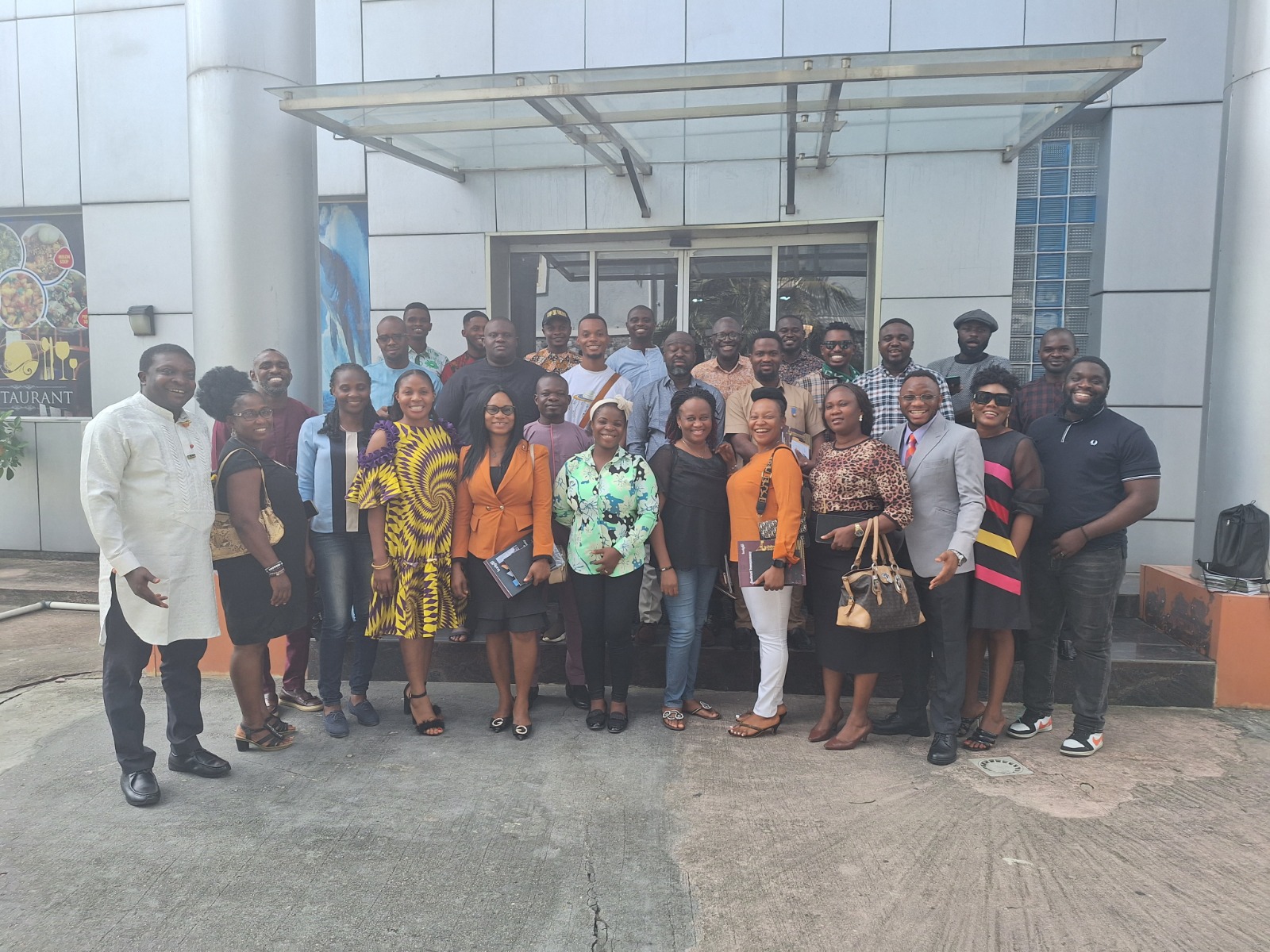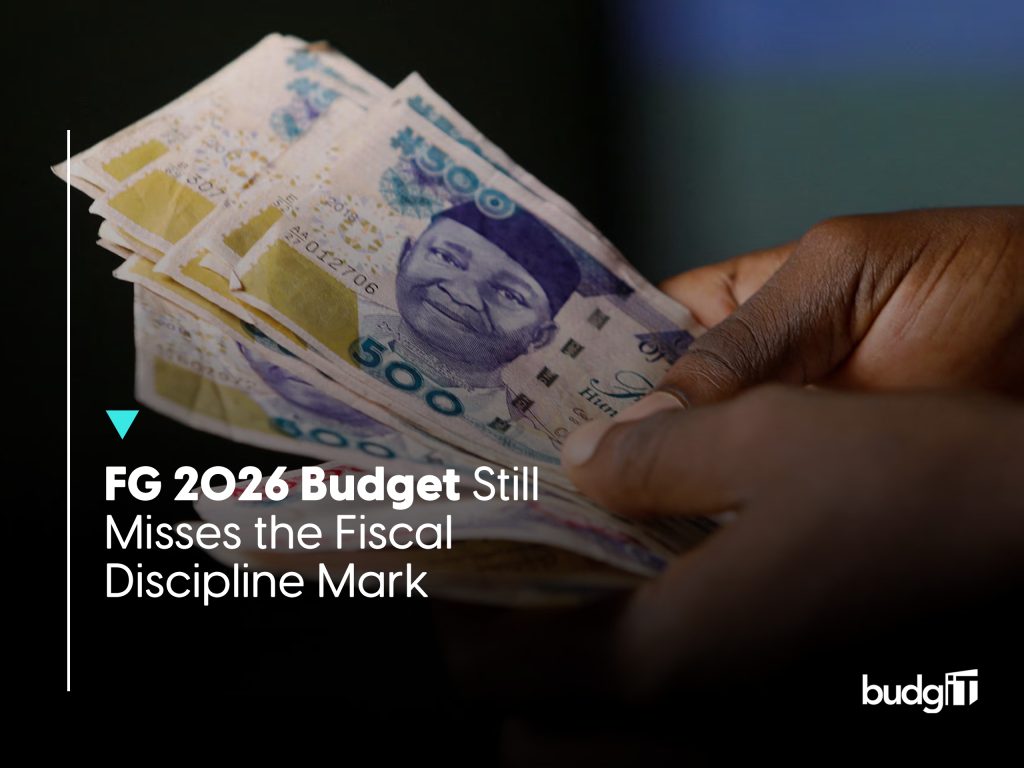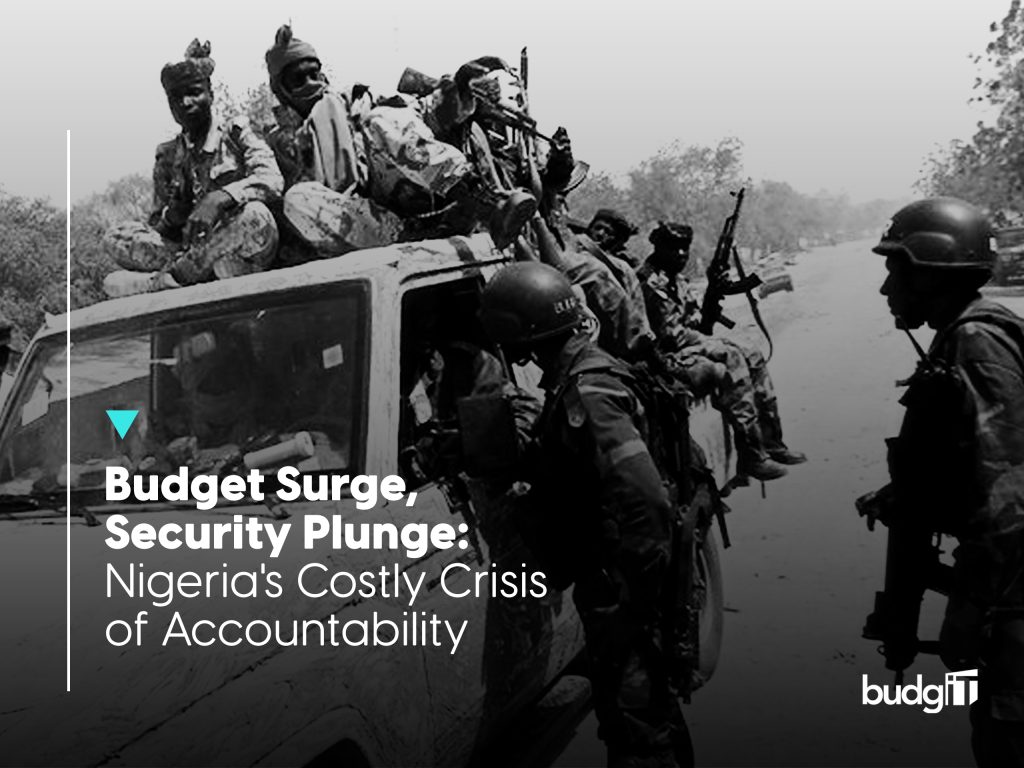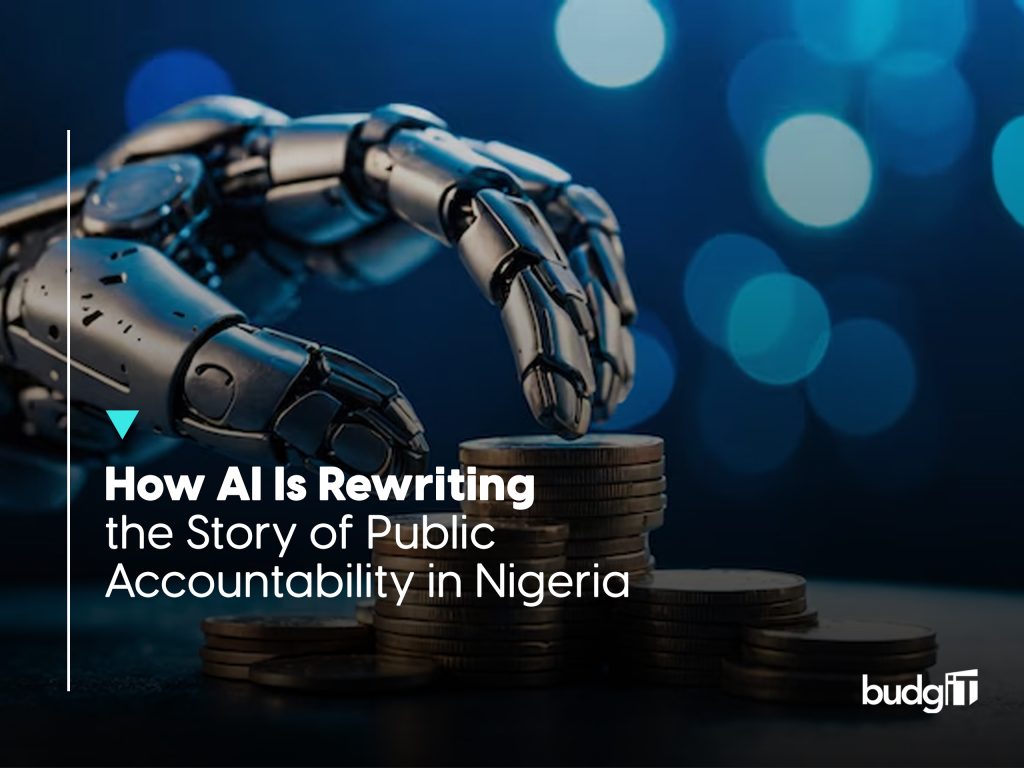On May 23, 2023, BudgIT, with support from Results for Development, engaged civic actors and journalists in a one-day capacity-building workshop on “Beneficial Ownership Transparency in Nigeria and Contract Transparency and Its Benefits.” The event, which was held at Aliz Ambruz Hotels Hall, Akwa Ibom, Uyo, had thirty participants in attendance from different states in the region.
The participants were drawn from diverse roles, including media personnel and news editors, research analysts, NGO executive directors, field reps, program managers and officers, and community champions.
The training’s objective was to promote citizens’ participation in contracting data disclosure vis-a-vis improving transparency in policies relating to the extractive sector, which led to exploring two main aspects – “Beneficial Ownership Transparency in Nigeria” facilitated by BudgIT’s Senior Research and Policy Analyst, Enebi Opaluwa, and “Contract Transparency and Its Benefits” facilitated by Gabriel Mfon, Senior Program Office at Policy Alert.
Nigeria must adopt beneficial ownership and contract transparency in order to remove and manage the present challenges of procurement fraud, illicit financial flows, and corruption. Enebi’s presentation focused on the definition of procurement fraud, its repercussions, and its dangers. He also stressed the importance of Beneficial Ownership legislation and its transparency by presenting three case studies in which the database likely flagged and prevented the transaction.
In his session, Enebi also spoke on the methods used to assess beneficial ownership transparency by highlighting open ownership principles and their concepts. “State capture and the resulting illicit financial flows pose a serious risk to Nigeria because they have a significant potential to be used in secretly funding insurgencies, terrorism, economic sabotage, or whatever vested interests’ priorities may be at any given time,” he added.
“The government needs to set up sanctions and enforcement against defaulters and encourage decision-makers to act transparently in order to build citizens’ trust in the procurement process.” Enebi also mentioned the need for a verification method for public contract procurement and inclusion into the licensing process.
He concluded his presentation by stating that an auditable database with high quality and accessibility is needed to promote beneficial ownership and contract transparency. Personnel capacity improvement and skill mapping of public officials should also be encouraged.
Gabriel addressed the importance of contract openness and its benefits during his session. He stated that contract transparency helps communities impacted by extractive enterprises to understand how royalties and taxes are distributed to their national, regional, or local governments. It also allows for the comparison of various contracts, resulting in a more equitable playing field.
Community sensitization must be prioritized to increase host communities’ awareness regarding their rights to demand accountability from mining firms as specified by the PIA law, he said.
Gabriel provided an in-depth analysis of contract transparency. He covered the 2019 EITI standards, Section 83 (3) of the PIA 2021, contract award processes, and the open contracting standard data model specific to contract transparency. He then elaborated on the benefits of contract transparency for communities, companies, and government, with the next steps in Nigeria.,
Gabriel highlighted the need for the creation of a Contract Transparency Portal with a well-defined regulatory framework to stimulate a rapid flow of usage. This portal should have full detail of all contractors that have been awarded contracts as well as detailed information about the contract itself.
He emphasized the need for civil society actors to continue to push for openness and promote the use of beneficial ownership and contract transparency, as this will result in better extractive sector management. He also advised journalists to embrace the act of storytelling in order to raise awareness of the responsibilities of mining corporations and host communities in strengthening beneficial ownership and contract transparency goals.
As Jonathan Ugbal, a participant and journalist at CrossRiverWatch, vividly captured in his post-workshop article, there is a need to increase policy and law enforcement in the extractive sector and, where possible, strengthen them to ensure adequate deterrence to defaulters.
We will continue to advocate for full disclosure of contracts not only in the oil and gas sector but in other sectors like the solid minerals sector, agriculture sector, and other key sectors of the economy.



